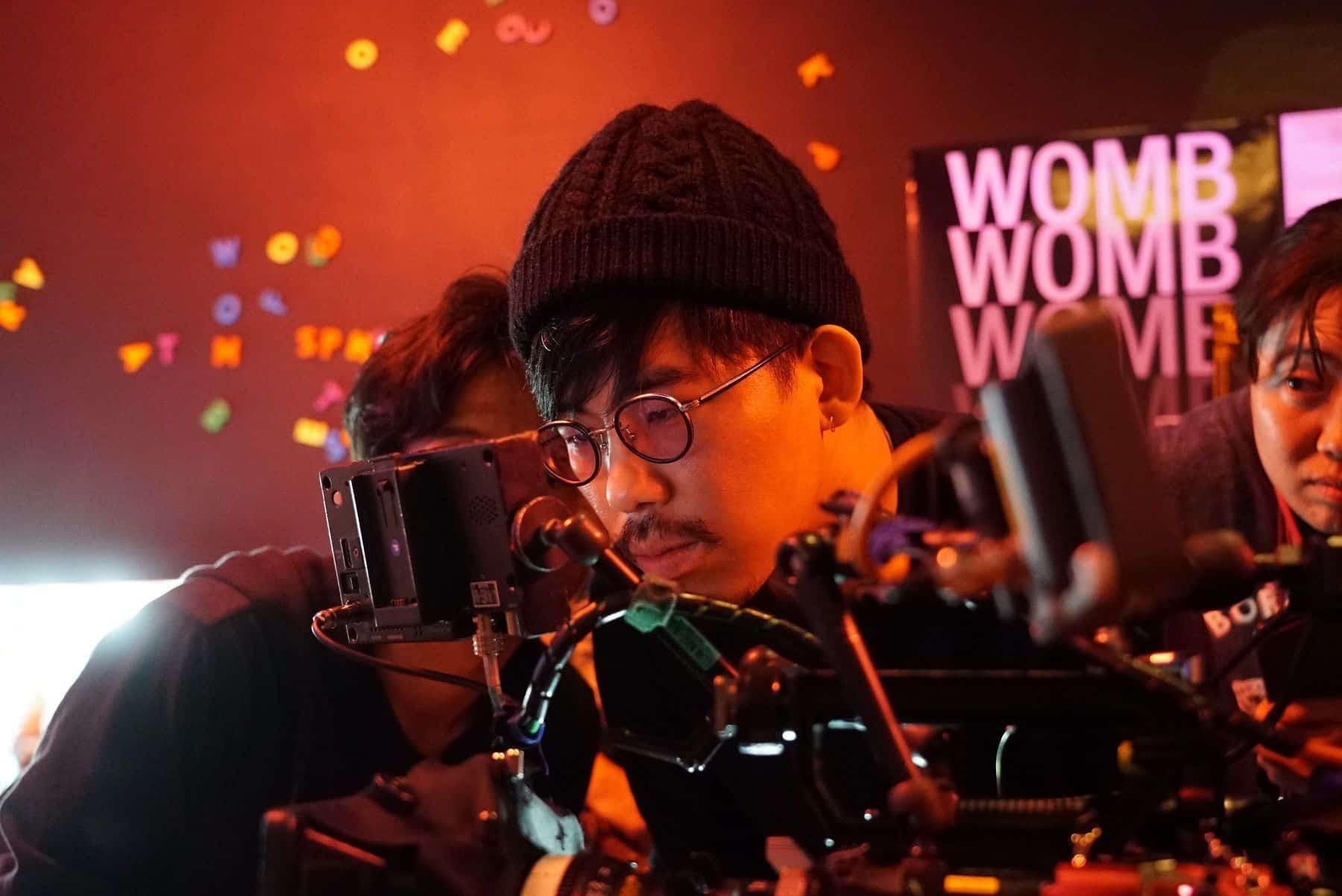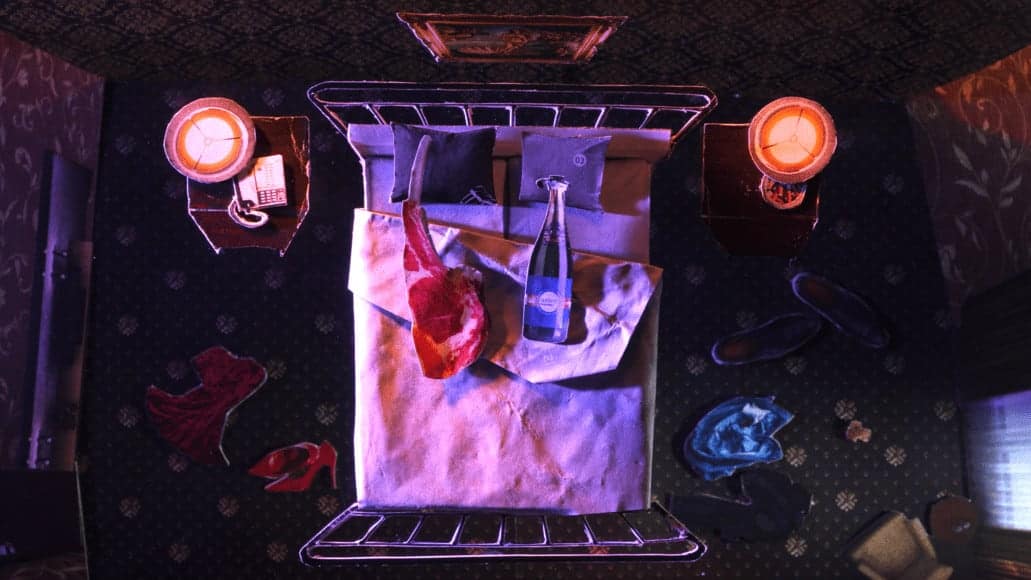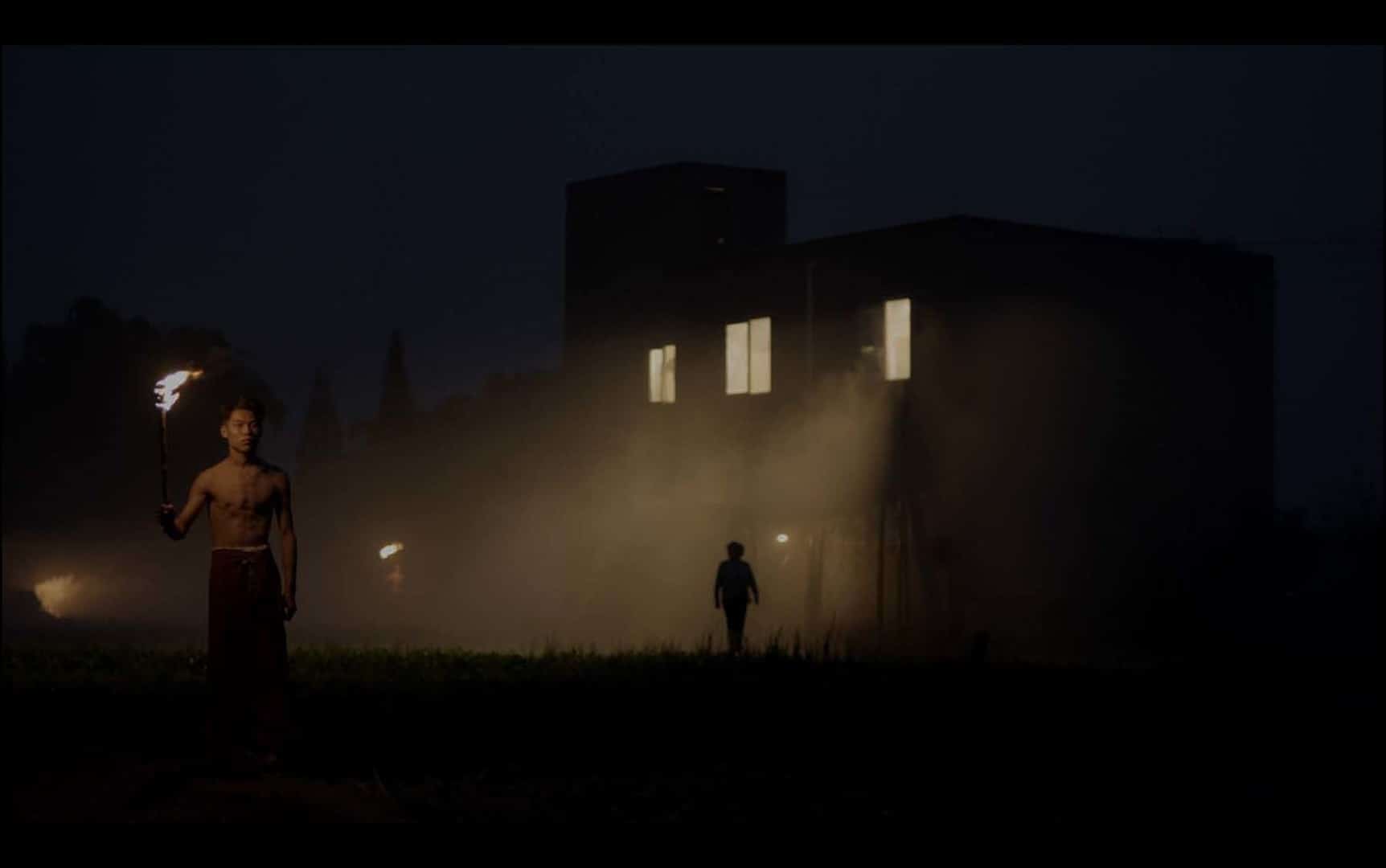11. Film Review: Ichiko (2023) by Akihiro Toda
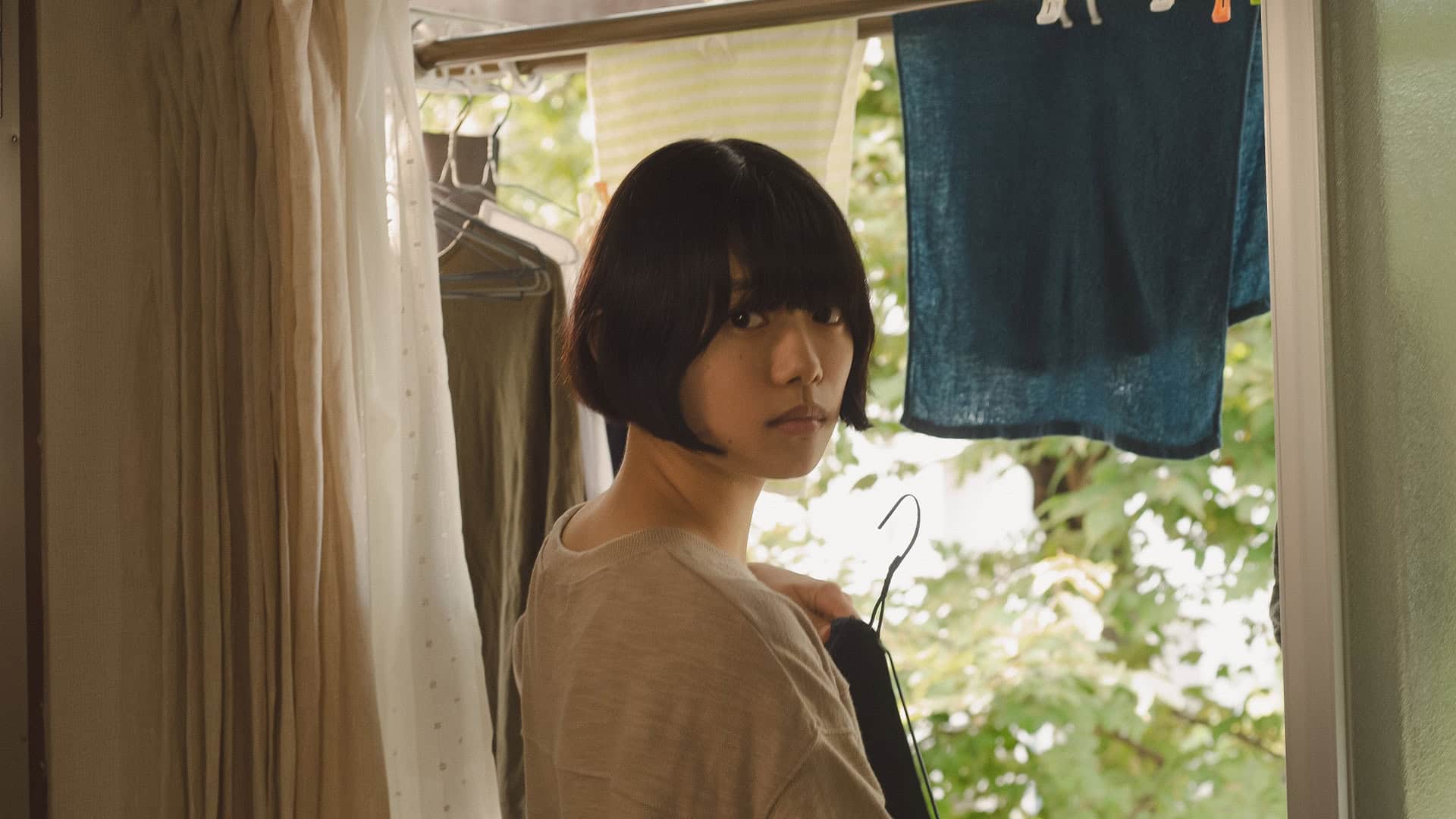
As you might have guessed from the movie's title, the mystery surrounds the true identity of Ichiko. On the one hand, Naho Kamimura‘s and Akihiro Toda's script utilizes various flashbacks, to 1999, 2000 and 2008, to name the most important ones, to present the various significant people who know Ichiko and who may unravel part of the mystery. The other part follows Yoshinori's and Goto's investigation, which increasingly feels like the proverbial rabbit hole, as each answer leads to even more questions and options. Throughout the feature, Hana Sugisaki emphasizes each facet of the main character, showing her emotional development and also not giving too much away at once. It is a challenging performance, which she masters quite well, displaying a very unique expressive palette, making “Ichiko” an impressive calling card for the actress. (Rouven Linnarz)
12. Interview With Akihiro Toda
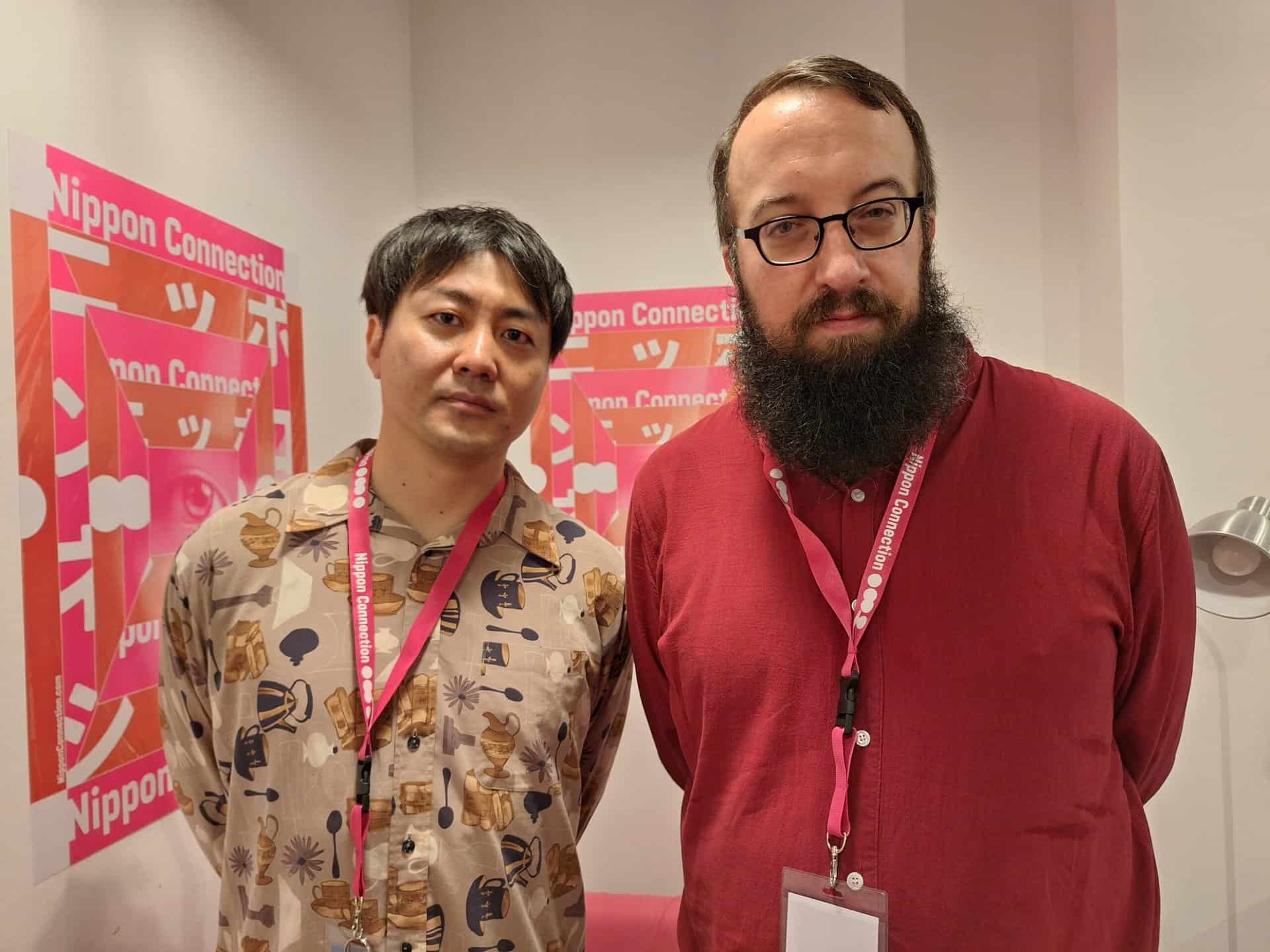
How was the collaboration with Hana Sugisaki, who plays Ichiko? What is your favorite scene with her character?
I gave her a lot of material as she was preparing to play this character. This was, for instance, a timeline of Ichiko‘s life and what her living circumstances were at a specific point in her life. This also covered what was happening in Japan at that specific time, politically and culturally. When we started shooting, there were no discussions between me and her about her character since we both understood what she was going through at that point in her biography. (Rouven Linnarz)
13. Film Review: The Yin-Yang Master Zero (2024) by Shimako Sato
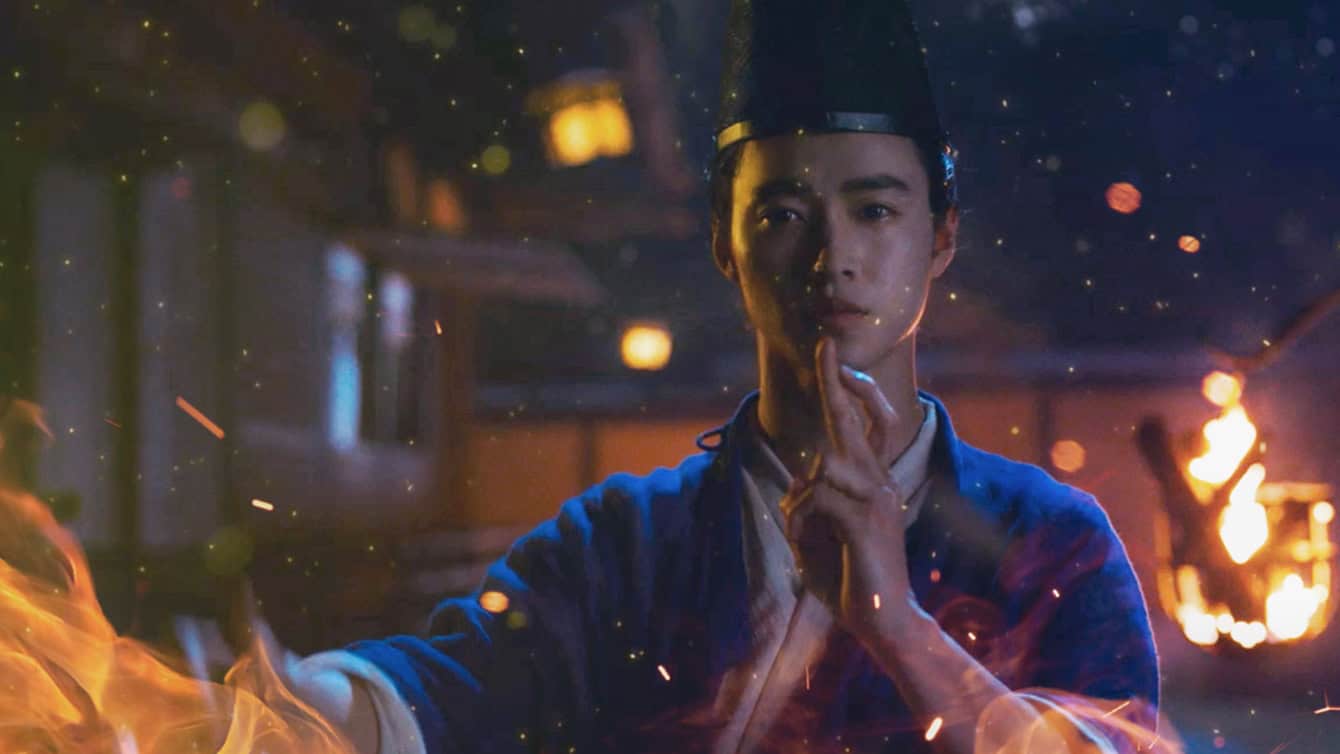
The murder mystery at the centre of “The Yin Yang Master Zero” isn't its most compelling element, but the presentation of Abe no Seimei as a cold-hearted sleuth proves to be one of its best. The logistics of how the unfortunate victim ended up at the bottom of a well are rudimentary (maybe even elementary!), yet that's not really what fans of the character are here for. What is here is an ace portrayal of a genius detective who can unpick the fabric of dreams to get his man, and Yamazaki's distant, pithy take on the character proves to be a brilliant foil to Sometani's sensitive flute player. As a Holmes and Watson-style duo, there is a vein of unexpected buddy comedy that proves to be a real treat, and working on this chemistry going forward will doubtlessly reap great rewards should a sequel come by in a few years. (Simon Ramshaw)
14. Fly Me To The Saitama – From Biwa Lake With Love (2023) by Hideki Takeuchi
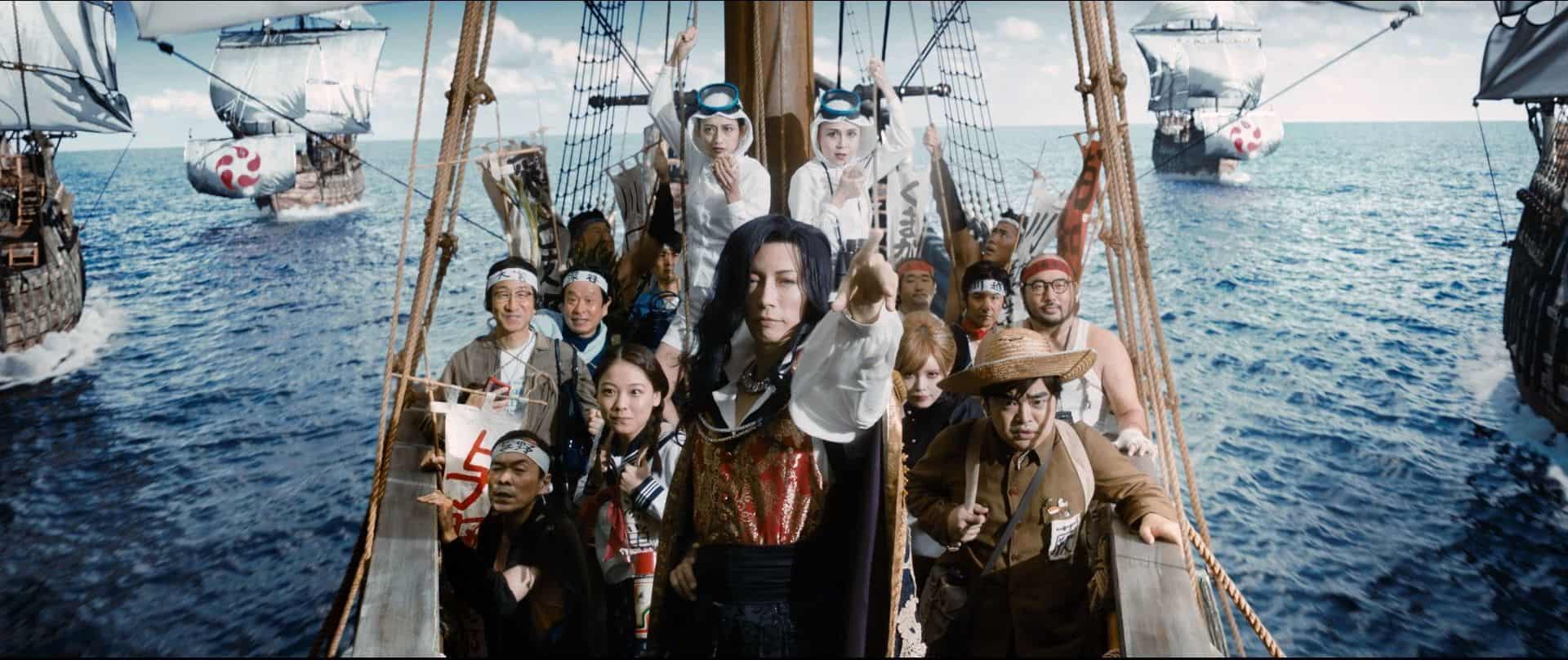
If this sounds a bit mad, it is indeed. Or at least it is very confusing. Hideki Takeuchi goes straight to the point as if he is taking for granted everybody must have seen the prequel, and this doesn't make it easier. Like its prologue, “Fly Me To The Saitama – From Biwa Lake With Love” fully embraces the wackiness of the trite stereotypes and turns them into farcical parody. However, having extended the rivalry between cool cities and uncool provinces to a whole new level of competition between prefectures, the confusion gets multiplied exponentially. (Adriana Rosati)
15. Documentary Review: Predator: The Secret Scandal of J-Pop (2023) by Megumi Inman
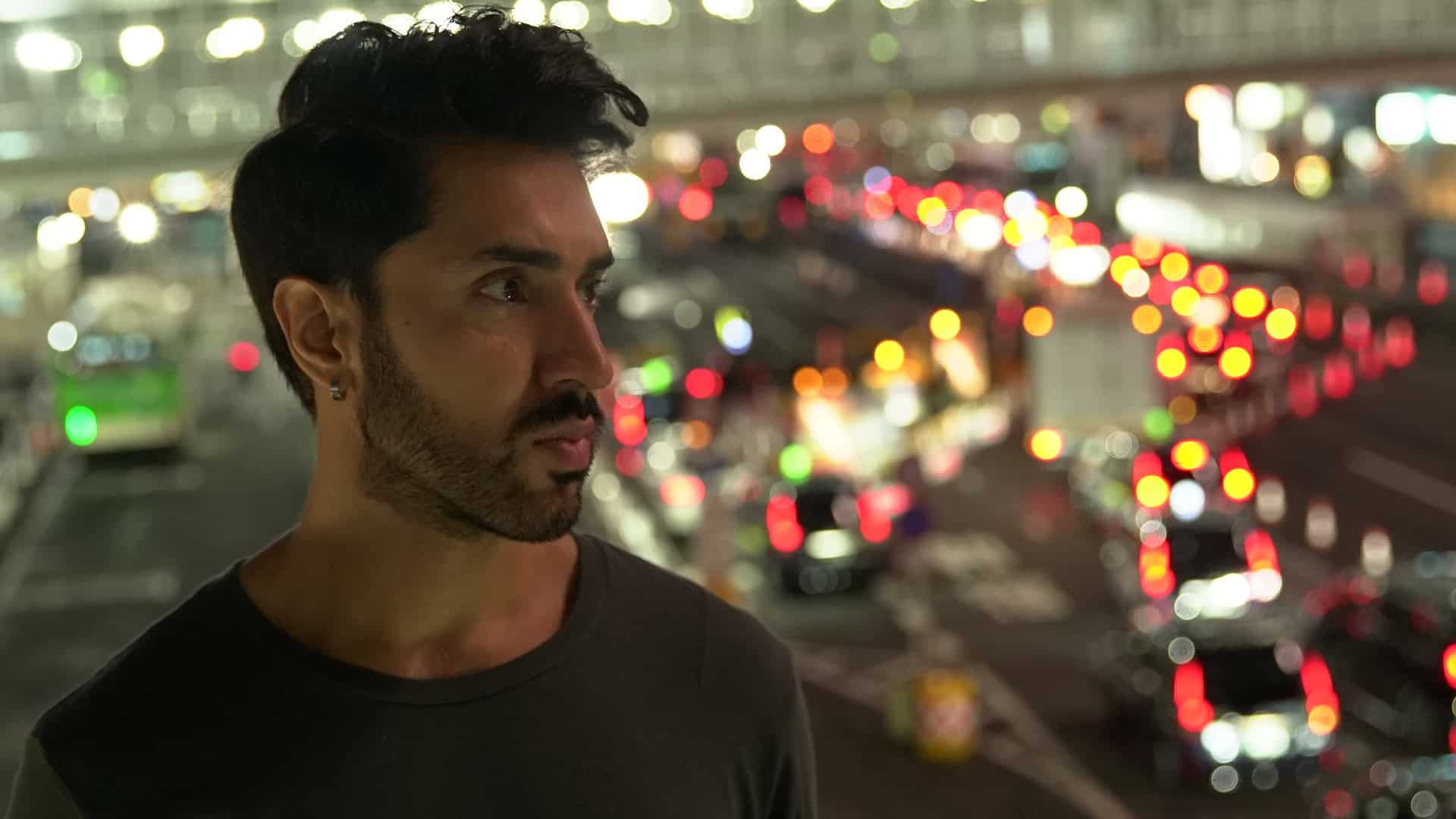
The documentary “Predator: The Secret Scandal of J-Pop”, directed by Megumi Inman, follows the research and investigation of the reporter. Azhar talks to Kitagawa`s former proteges, parents, lawyers, therapists and former associates of the producer to eventually uncover a large network of abuse, rape and harassment which has been going on for decades. While this may sound like it is a spoiler for the documentary, it is more or less clear from the start what has happened. In fact, many of the people the reporter speaks to are quite direct about it. On more than one occasion you will find yourself in a similar emotional state as Azhar who cannot believe what he is hearing and that Kitagawa is still a god-like persona met with love and admiration for so many, despite their traumatic experiences. (Rouven Linnarz)
16. Short Documentary Review: The Shadow of a Predator (2024) by Megumi Inman
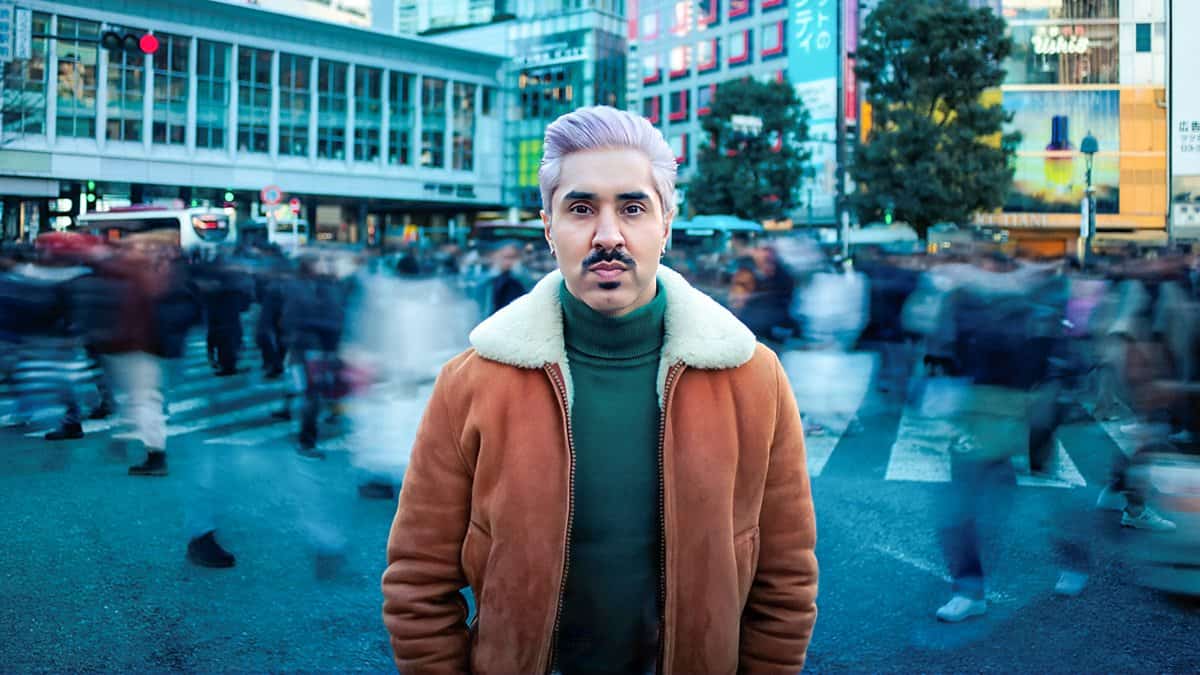
While the viewer may feel a shimmer of hope after the beginning, this will certainly be diminished by the end credits of the sequel to “Predator: The Secret Scandal of J-Pop”. Again, we accompany Azhar and his team as they aim to find out if this new agency really does what it is supposed to do, but also follows the fates of those who were willing to share their story and who suffered the wrath of online trolls and the fans still clinging on to the dream Kitagawa had been selling for so long. The results are sobering and just as frustrating, reaffirming the image of a society still hesitant to follow up on their promise of punishing crime and protecting the victims. (Rouven Linnarz)
17. Interview with Mobeen Azhar
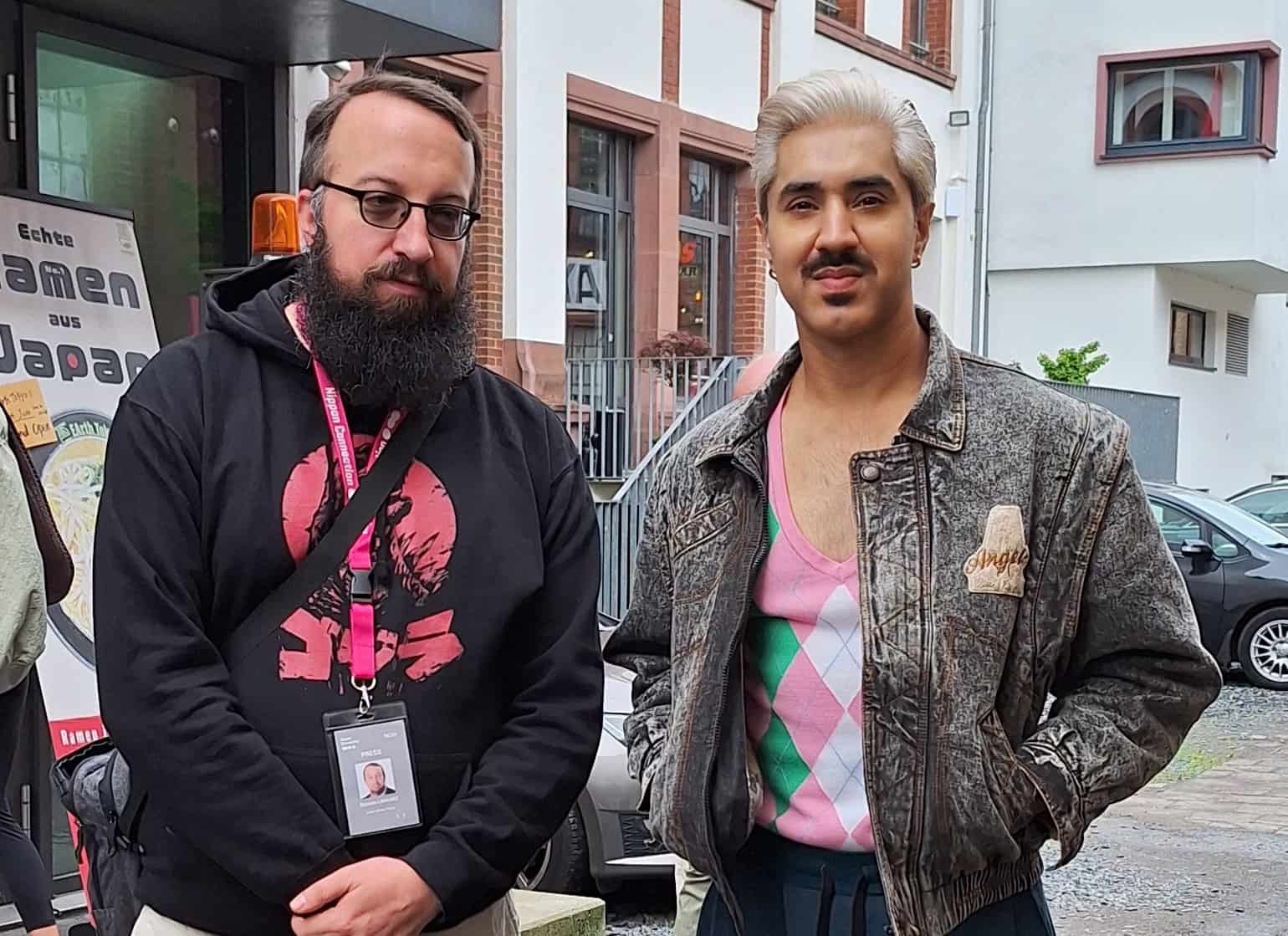
What was your starting point for “Predator: The Secret Scandal of J-Pop”?
The first time I heard about Johnny Kitagawa was actually during the year he died. At that time I was working with the Foreign Affairs department for the BBC and read an article about him: I was interested in this juxtaposition between this person who was a treated as a national treasure with the Prime Minister sending a message to his memorial service which took place in the Tokyo Dome and these long-standing allegations of sexual misconduct and molesting children who worked as talents at his company. (Rouven Linnarz)
18. Film Review: Penalty Loop (2024) by Shinji Araki
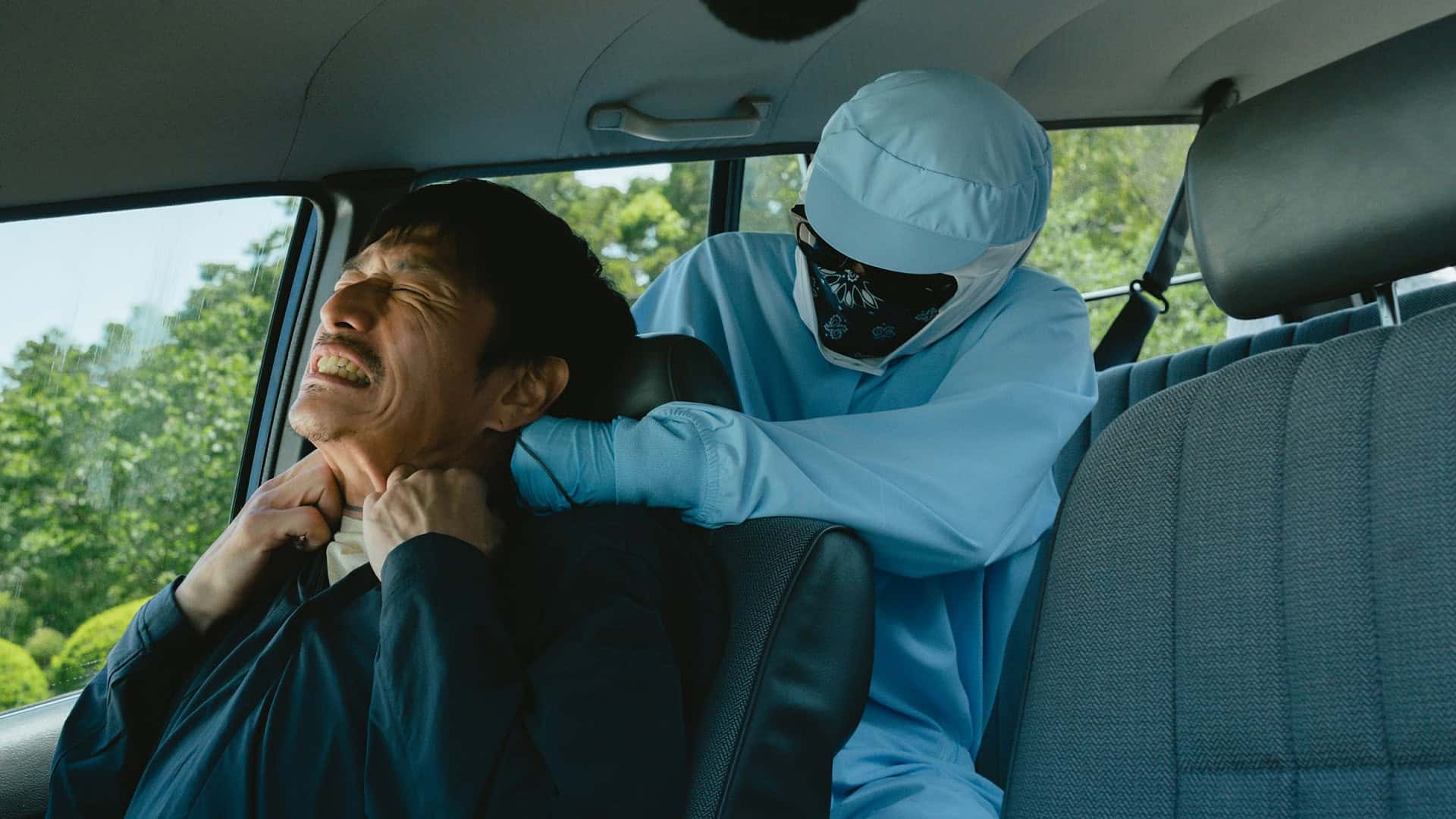
One aspect which is pretty hard to tackle in a feature is the dichotomy of purpose and absurdity. Especially in a story dealing with the concept of a time loop, this concept can become either really interesting or superficial and tiresome. In the case of “Penalty Loop”, Shinji Araki's script gets the job done half-wright, with especially the first half containing some entertaining and fascinating aspects. Most importantly, he presents the idea of a life led by purpose, which is what motivates Jun, whose passion for architecture already suggests the notion of structure and a goal in his life, his work and the general way he goes about things. Even though there are some inconsistencies within his character and his later change of ways, the narrative presentation of the sheer absurdity of his undertaking as he is expecting a different result from doing the same thing, is quite dark and well-executed. (Rouven Linnarz)
19. Film Review: Hijacked Youth – Dare To Stop Us 2 (2023) by Junichi Inoue
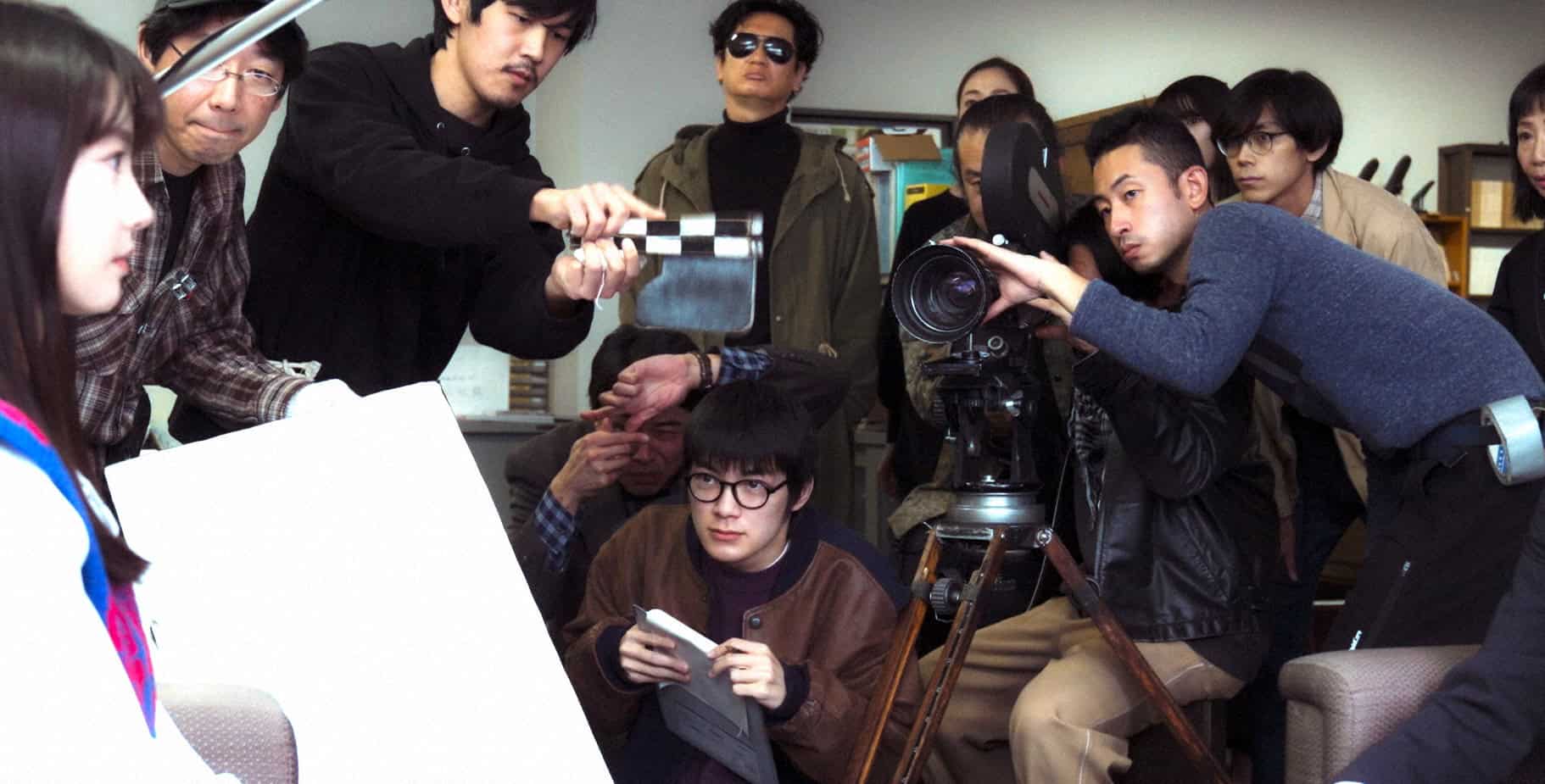
Junichi Inoue directs a film whose main characteristics are as obvious as they could be. The self-referential aspect is quite evident, particularly in the second part, with the director portraying himself as a starry-eyed idealist of cinema who soon found himself dealing with the harsh aspect of filmmaking and a director who both wanted to help and undermine him. (Panos Kotzathanasis)
20. Documentary Review: Arirang Rhapsody (2023) by Kim Sung-woon
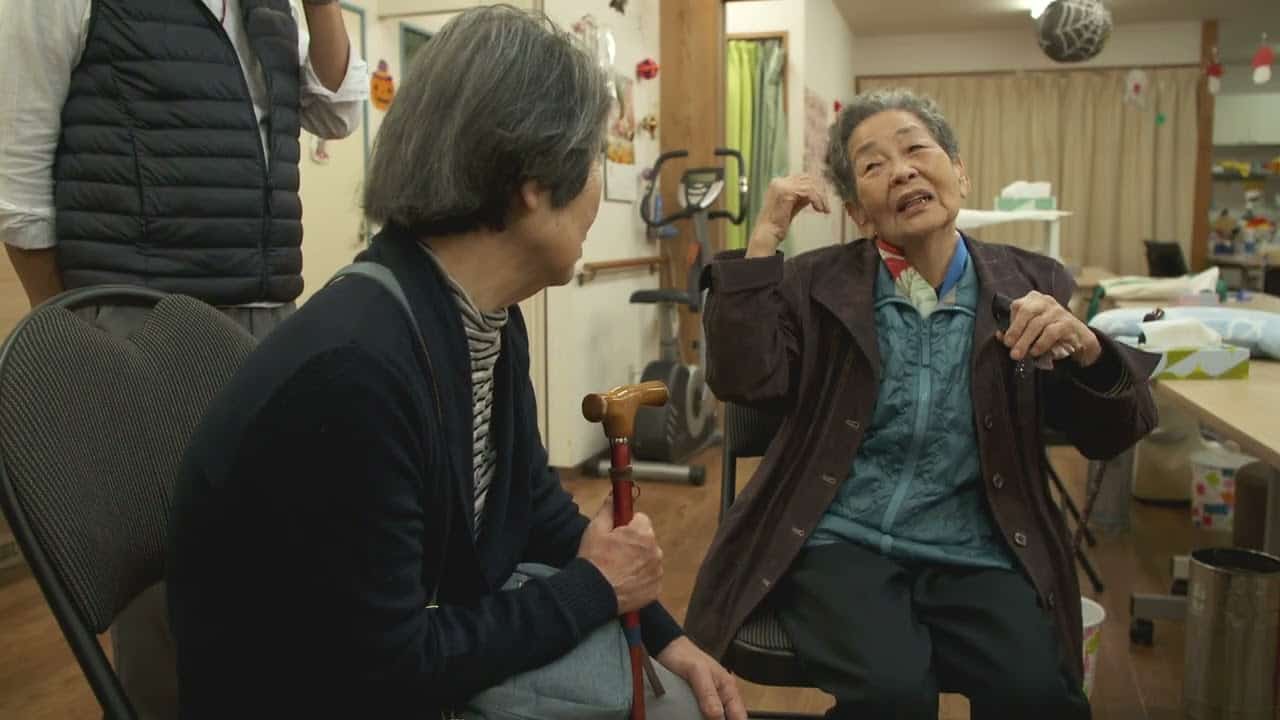
Considering the amount of footage Kim Sung-soon has amassed in the more than two decades he was recording for the project, coming up with a 125-minute documentary is not exactly a surprise. And although it would be difficult to leave something out, with even the two opposite parades (against Zainichi and against war) being quite significant, the sense remains that the whole thing is too long for what it is. In that fashion, it does become difficult to follow after a point, even if the amount of info justifies the length, and the editing, particularly in the succession of different footage, is on a rather high level. (Panos Kotzathanasis)



